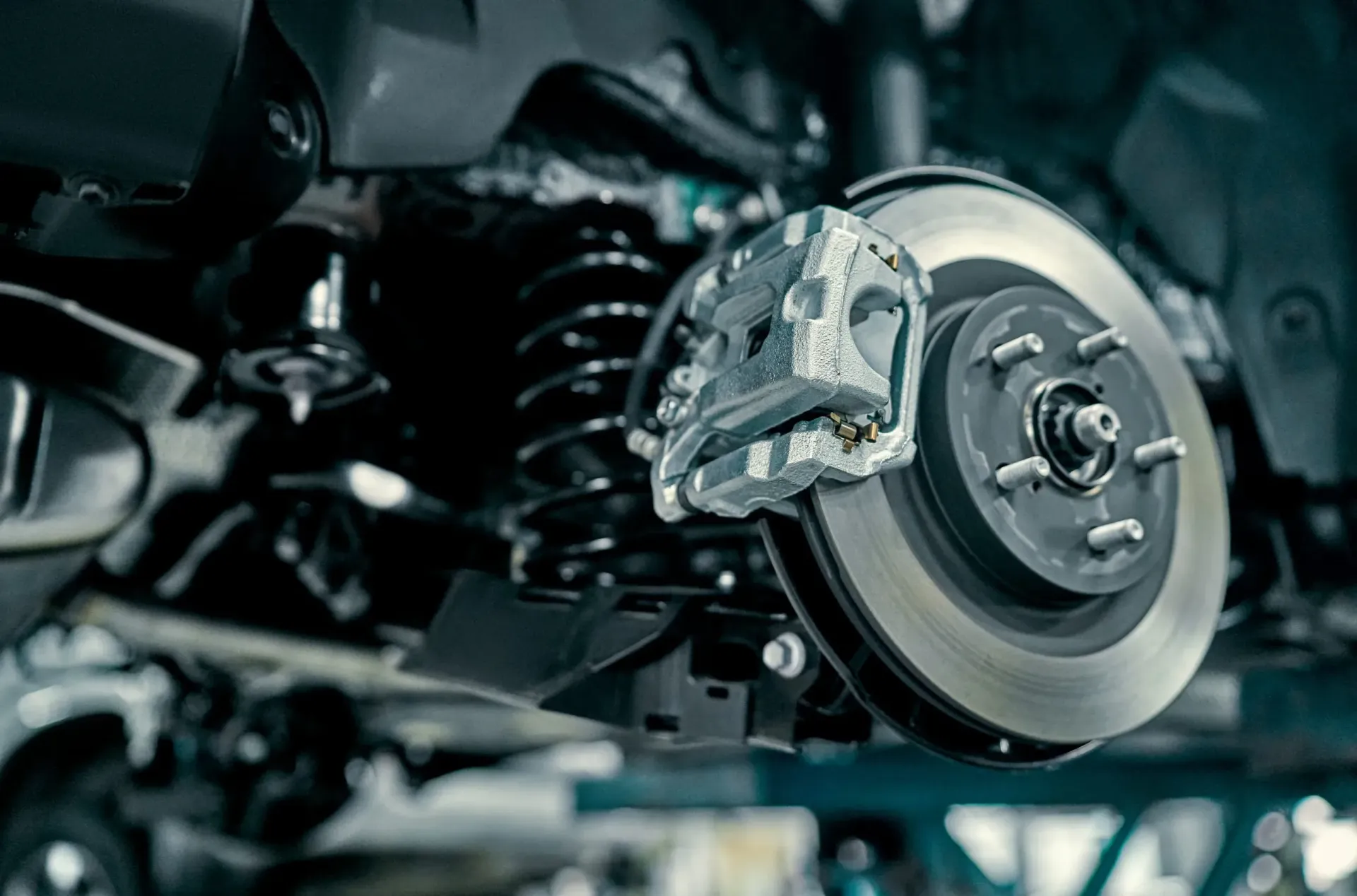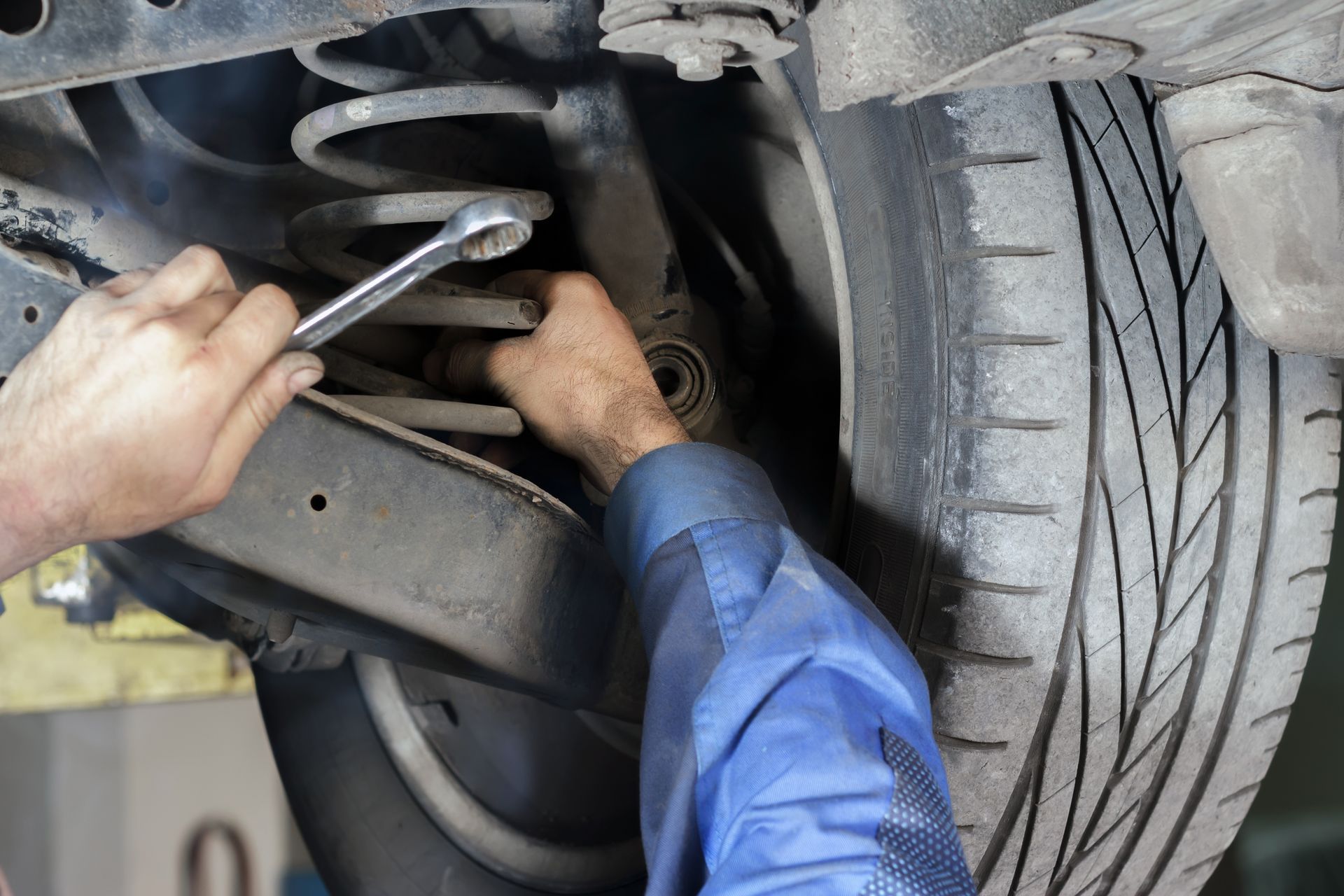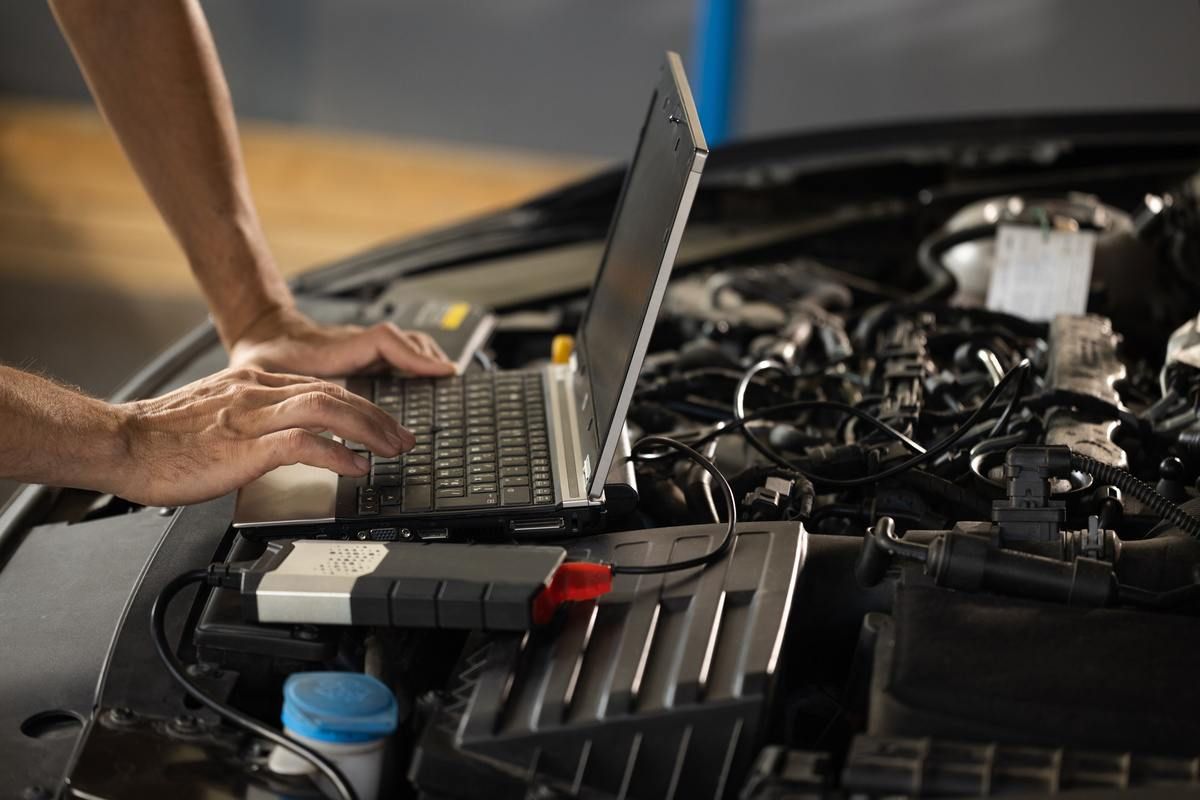A Leaking Vacuum Hose Will Affect Your Engine Performance
When everything is going right in the combustion chamber of your automobile’s engine, there is a vacuum pressure that is produced and routed throughout the engine to power components. One example of a component that is powered by the engine’s vacuum is the power steering pump.
Righteous Auto Care advises that vacuum hoses can develop leaks that will affect your engine’s performance. The reason why the engine’s performance is affected is that it fills up with air due to the vacuum leak. Here are signs your automobile’s engine has a vacuum leak.
Check Engine Light Warning
The check engine light on your dashboard is there to let you know that there is something wrong with the engine that does not have its own associated light or gauge. In other words, you don’t have an engine vacuum leak light on your dashboard, so your vehicle’s main computer turns on the check engine light when the engine is experiencing a leak out of one of the vacuum hoses. This light will remain lit until you get the vacuum leak repaired, i.e., the leaking vacuum hose replaced.
Engine and Acceleration Performance Issues
You will definitely notice engine performance issues if you have a vacuum leak in the engine. Again, the engine is filling with air, which means that there is more air than fuel in the combustion chamber. Consequently, when this happens, both your vehicle’s acceleration and its engine performance will suffer. For example, your acceleration may lag when you press down on the accelerator. Another example is your engine will stutter when you are going at high speeds.
Hissing or Suction Sounds
Many people locate vacuum leaks in their engines simply by listening. Vacuum leaks are not silent. Rather they make noises such as hissing or sucking. If you follow the sound, you might be able to find the vacuum hose that is leaking in the engine. Think about how the vacuum cleaner in your home sounds and listen for this sound in your engine. The suction sound is the same coming from the vacuum hose in the engine as the vacuum hose on the vacuum cleaner in your home.
Sporadic or High RPMs
Finally, if you suspect that your engine might have a vacuum leak, keep a wary eye on your tachometer needle to see what it is doing. If the needle bounces up and down sporadically, or if your engine’s RPMs are too high all the time, this can be a sign that the excess air coming from the vacuum leak is affecting the revolutions-per-minute.
We’d be happy to help here at Righteous Auto Care in Racine, WI. Call us today to schedule a service visit.











